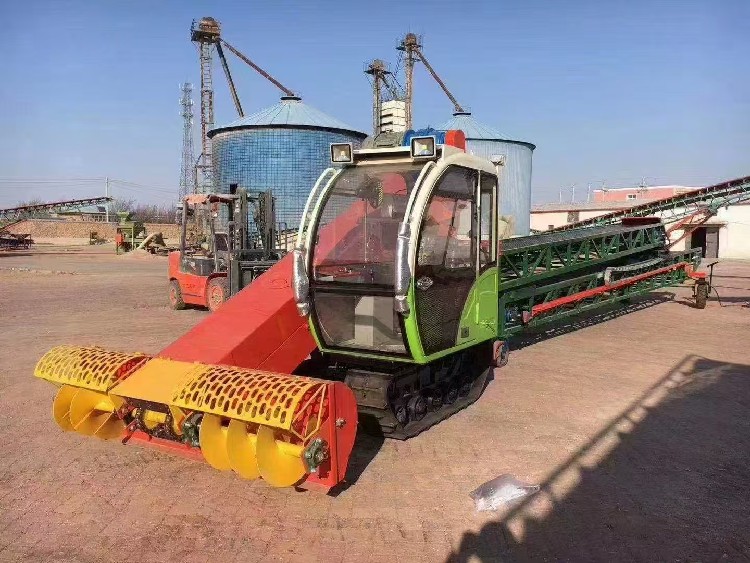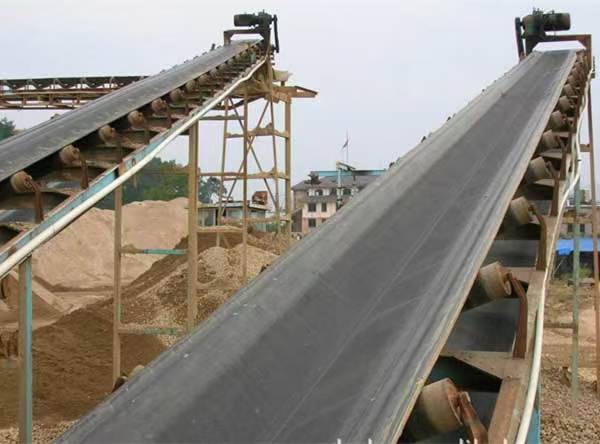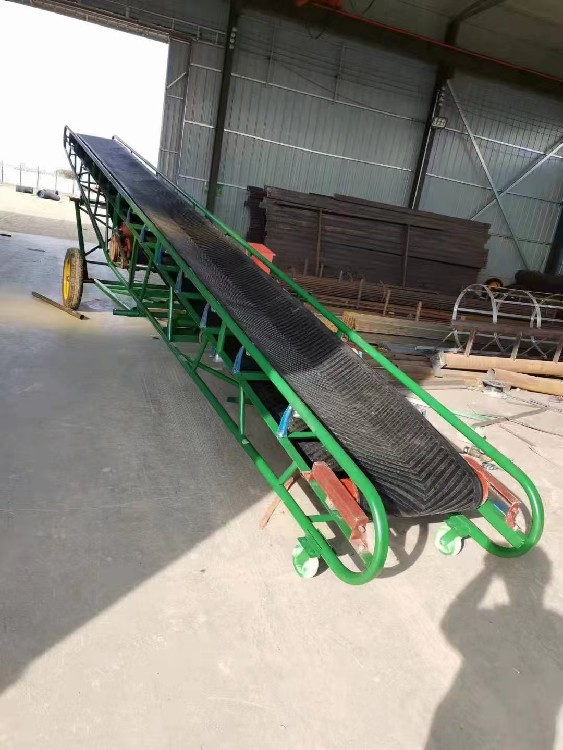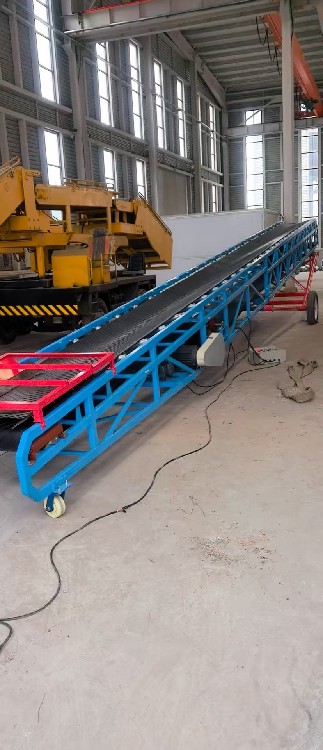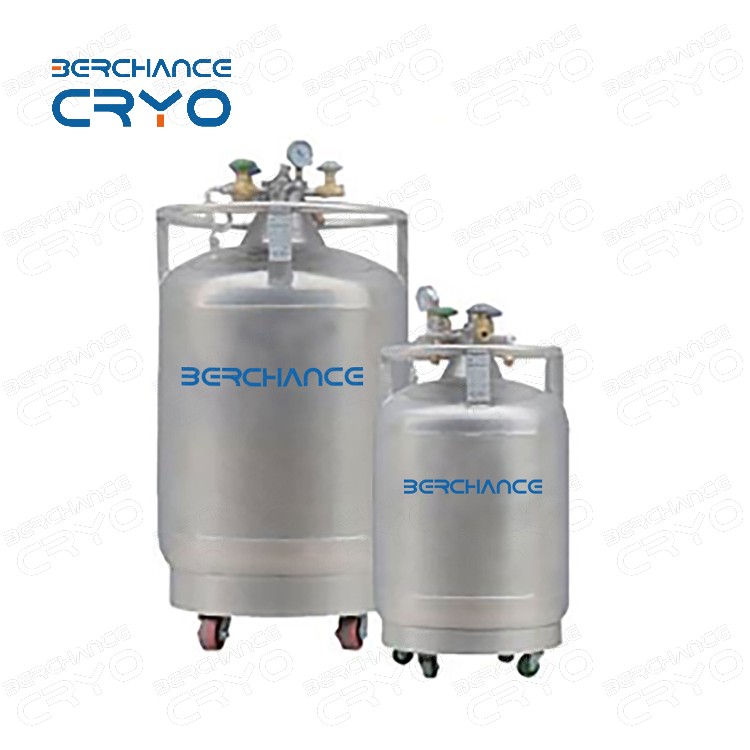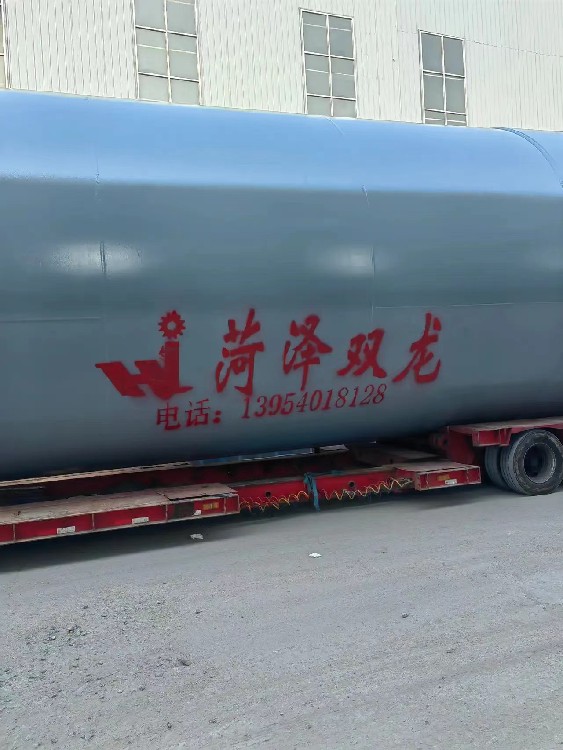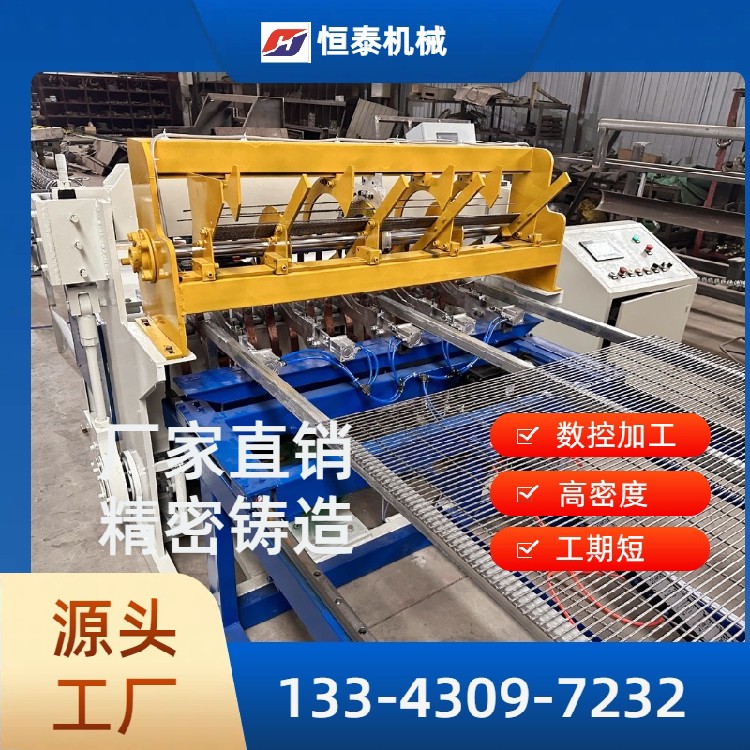conveyor
Product description
Conveyors: Essential Equipment for Material Handling
Conveyors are indispensable mechanical devices designed to transport materials, goods, or components from one location to another efficiently. They play a critical role in streamlining workflows across industries, reducing manual labor, minimizing material damage, and boosting overall productivity.
Core Functions & Advantages
- Continuous & Efficient TransportThey enable non-stop movement of items—from small parts to heavy loads—without frequent interruptions, significantly speeding up production and logistics processes.
- Labor & Cost SavingsBy automating material transfer, conveyors reduce reliance on manual handling, cutting labor costs and lowering the risk of workplace injuries.
- Versatile ApplicationThey adapt to diverse materials (solid, granular, bulk, or packaged goods) and environments (indoor factories, outdoor yards, or harsh industrial settings).
- Consistent PerformanceConveyors operate with stable speed and precision, ensuring uniform material flow and improving the reliability of production lines or supply chains.
Common Types & Typical Uses
- Belt Conveyors (Conveyor Belts)The most widely used type, featuring a continuous belt as the conveying medium. Ideal for airport luggage handling, supermarket checkouts, and factory assembly lines (transporting packaged goods, raw materials, or finished products).
- Roller ConveyorsEquipped with rotating rollers, suitable for transporting heavy items like pallets, cartons, or containers. Commonly used in warehouses for loading/unloading and sorting.
- Screw ConveyorsUtilize a rotating screw blade to move granular or bulk materials (e.g., grains, powders, or industrial sludge). Popular in agricultural, chemical, and construction industries.
- Chain ConveyorsDriven by chains to handle heavy-duty loads or high-temperature materials. Applied in automotive manufacturing (parts transport) and mining (ore conveyance).
Industrial Significance
Conveyors are the backbone of modern material handling systems. They integrate seamlessly with automated production lines, warehouses, and logistics centers, bridging gaps between processing, storage, and distribution. From small workshops to large-scale factories, conveyors are pivotal in enhancing operational efficiency, reducing lead times, and supporting mass production
Recommended products
